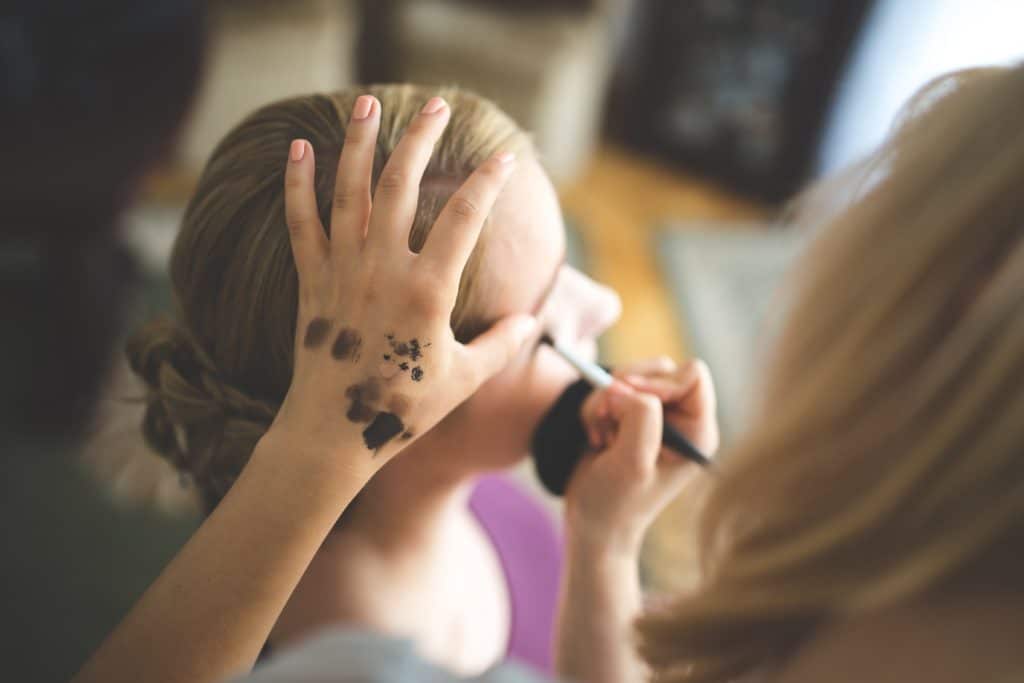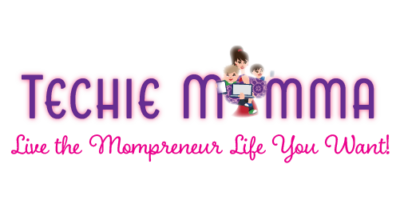A make-up artist is someone who can do any number of jobs depending on what type of company they work for and where their skills lie. If you like to paint faces and want to help people feel beautiful without spending hours getting ready, then this profession may be perfect for you.
Different Streams Available
Make-up artists work in many different industries and find jobs with a wide range of companies. Make-up artists can be employed by: commercial, theatrical, or film industry; fashion boutique, spa and beauty salon; theatre group and school – to name but a few. Many make-up artists also aspire to become freelance make-up artists. This involves working independently as self-employed contractors for various clients on the side while continuing their full-time job. There are even a few controversial industries that can require a make-up artist. These even include funeral homes, like Miller Funeral Home, that will call on the service of a make-up artist to paint the faces of the deceased.
Possible Clientele
Make-up artists are a diverse group of professionals who use their skills to enhance the appearance and beauty of people. From actors, models, and musicians to everyday people looking to improve their look for an interview or special event, make-up artists can work with anyone. Give makeovers at fashion shows, runways, and photoshoots. Work with the camera to apply the perfect look for a person’s headshot or print ad. Create looks that are amazing on stage. Performers rely heavily upon their appearance to put on an unforgettable show so make-up artists can be found behind big stages everywhere from Broadway theatres to rock concerts.

Daily Flow
A typical day as a make-up artist might include running through hair and make-up before each shoot or runway show. This ensures everyone starts out all set up and ready for clients when they arrive. Then, doing touch-ups between takes if needed throughout the day. Creating new looks every time there is a change in clientele preference. For example, one week, a make-up artist might be working on a TV commercial that requires bright, vivid colors. The following week they could be creating more subdued looks for an interview setting. Helping clients with their looks during critical events such as weddings and graduations. Styling celebrity clients in preparation for the red carpet or big event of the night.
Skills
Make-up artists can contribute to many different types of projects. It is a profession that requires creativity and talent, and an understanding of anatomy and skin tones. In addition, make-up artists must be knowledgeable about color schemes, styles, trends, and textures because their work will depend on the nature of the project they are working with. They also need artistry skills to create sophisticated looks using colors and shadows to give each client’s face a natural appearance. Make-up artists usually specialize in one area, such as runway or film techniques. Still, it is not uncommon for them to have more than one specialty, even if this means learning new techniques from scratch. Generally speaking, though, there are some qualities that all make-up professionals should have, no matter what their specialty is.
With such diversity available, it is no wonder why so many people dream about becoming professional make-up artists.
